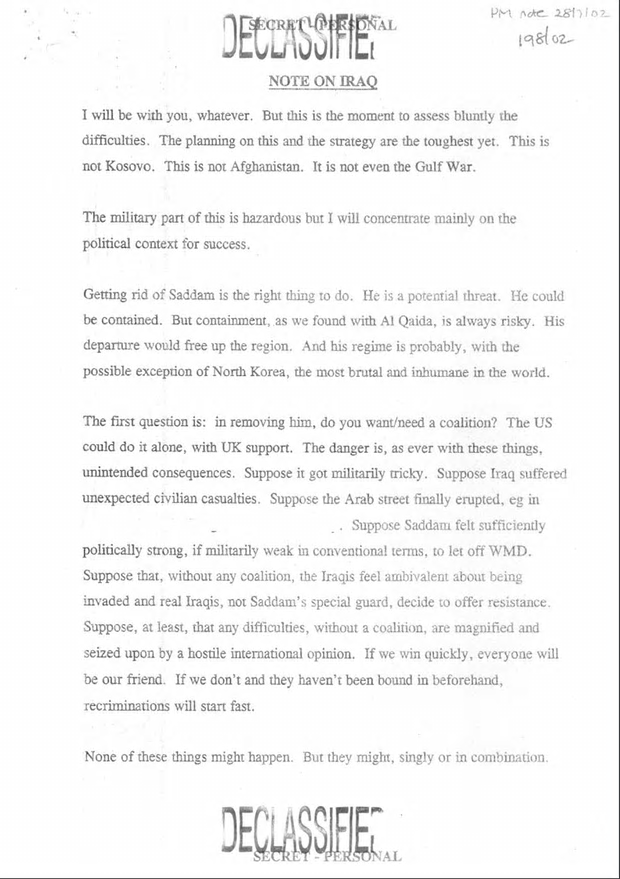The pace of British politics in recent times has, frankly, blown most of us away. In the last month we have had a referendum with era-changing consequences, a Conservative leadership race (or at least half of one!), a Labour party coup of never-before-seen potency and complexity, and now this. Andrea Leadsom has stepped down as leadership contender, and the Conservative Party’s 1922 committee have decided that May will now be unopposed. The leadership battle, as quickly as it began, is over. Theresa May will be the next Prime Minister of the United Kingdom, and First Lord of the Treasury.
A few things to think about that won’t have been covered extensively by the mainstream press during the course of today’s events; firstly, think of poor old Dave! After getting booed by the crowd at Wimbledon yesterday so overwhelmingly that Andy Murray had to leap to his defence, he has now found his time as Prime Minister (minus responsibilities) cut drastically short. He had been hoping to attend a few more international events in the coming weeks, cementing his legacy as a statesman, but it already seems that he is old news. He now has one more decision to make, before Wednesday’s PMQs session and his official resignation before the Queen. How and when will he move his belongings out of Downing Street?
Secondly, what about Angela Eagle? She stood up to begin her “I’m announcing a leadership challenge” speech 3 minutes before Andrea Leadsom announced that she was dropping out of the race. By the time Eagle had been introduced, three quarters of the journalists in the room had left, sprinting around the corner to Leadsom’s house for her announcement, leading to this frankly excruciating scene-
And, finally, to Leadsom herself. The surprise contender surpassed all expectations by getting through to the final 2 in the Tory leadership contest, but the last nail was slammed firmly into her coffin on Saturday when an interview that she gave to Times journalist Rachel Sylvester seemed to imply that she would be a better PM than May because of her experience as a mother. Theresa May herself has been unable to have children, and has spoken at length about how this has affected her and her family; it would have been a very sore nerve indeed for Leadsom to poke. Looking back at the interview it seems clear that this implication was not, remotely, what Leadsom had intended, but it was enough to allow the entire Blue Quarter press (read by the vast majority of Conservative Party members) to brand her as nasty and unfit to lead. As a result, this morning she accepted defeat and sent a letter to the Chairman of the Party withdrawing from the contest, and the rest, as they say, is history. Another scalp was claimed for the Murdoch empire, and once again News Corp had decided the course of British politics.
David Cameron, himself, will hold his last cabinet meeting tomorrow, and his last PMQs on Wednesday. He will then drive up to Buckingham Palace in the Prime Ministerial jag, present his resignation to the Queen (who will presumably purr with delight), and on Wednesday evening Theresa May will be having dinner prepared in one of Downing Street’s multiple kitchens.
And that’s that. I’ve been waiting to cover what is happening in the Labour party since late last week, but the situation is moving so fast that I have been unable to pin a story down for more than a few hours. At the time of writing, the negotiations between Jeremy Corbyn’s team and everybody else in the party have failed drastically, and Len McCluskey has accepted that he may not be able to broker a peace. The party will go to the polls to try and oust Corbyn, and now that a leadership challenge has been officially announced the next battle awaits; will Jeremy Corbyn even make it on the ballot?
Labour’s NEC will decide tomorrow on their own interpretation of the rules, and assuming as I am that they agree that Corbyn must achieve 51 nominations from the Parliamentary Party to be included in the leadership contest, he will be excluded from his own leadership battle. This, whilst seeming like a ludicrous situation, is the most likely interpretation of the rules; however Corbyn’s team have their own army of lawyers that argue exactly the opposite, so expect a legal challenge if this is the final decision of the NEC. This Labour fiasco will not be over any time soon, and if Corbyn does manage to make it onto the ballot he will likely win again, causing a split in the party which may very well mean the end of the Labour movement as we know it.
It’s all kicking off, and it doesn’t show signs of stopping any time soon. We must wait and see what happens in the coming days and weeks (months no longer seem like a viable timescale in our politics), but expect that every political party of note in our country will have a new leader by Christmas. In the shorter term, our second female Prime Minister will ascend in 48 hours, and presumably initiate what will likely be a tense and difficult divorce negotiation with a very affronted European Union.








